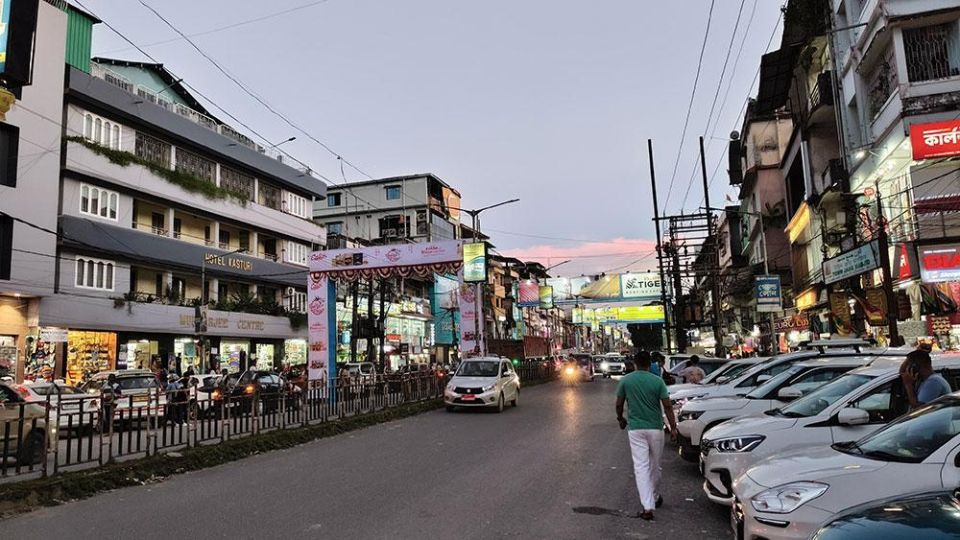September 29, 2025
PHUENTSHOLING – A digital lottery scam across the Bhutan–India border has left scores of Bhutanese vulnerable, with the Indian police in Bihar recently arresting six people accused of running fraudulent schemes that preyed on Bhutanese participants.
Two of the suspects are from Jaigaon, India. Local reports suggest the pair specifically targeted Bhutanese customers. This incident highlights how the growing appetite for lottery games in Bhutan continues to feed illicit cross-border activity.
Jaigaon has long been a magnet for Bhutanese lottery players. Many Bhutanese travel across the border to buy tickets, while those living farther away are drawn into online groups.
Street vendors, makeshift stalls and small outlets openly sell tickets, and the rise of digital platforms has added new, less transparent avenues for operators to expand their reach.
Sources indicate that certain lottery schemes now run almost entirely through social media applications such as WhatsApp, WeChat, and Telegram. These operations are managed from individual devices and often appear and disappear quickly, making them difficult to monitor.
While not all online lotteries are fraudulent, the absence of formal structures allows some groups to manipulate participants, with Bhutanese nationals identified as a primary target.
The full extent of Bhutanese involvement is difficult to determine, as participants are often reluctant to disclose losses.
The arrests in Bihar further exposed that Bhutanese customers remain a focus for cross-border lottery operators.
Residents say the case also raises questions about the regulation of gambling along the Bhutan–India border.
With gambling tightly controlled in Bhutan, demand shifts across the border, creating opportunities for operators to draw Bhutanese buyers into less transparent systems.
Modus operandi
These lottery operators run predominantly online, though paper tickets are still available through physical vendors.
Sources say operators rely on groups distributed across different locations to encourage participation.
Kuensel obtained information from six such groups, though more are believed to exist.
Many groups are administered using Bhutanese mobile numbers, while the actual handlers are not Bhutanese.
Nepalese SIM cards are also used, likely because Indian numbers can be traced more easily, making cross-border SIMs a strategy to avoid detection.
Participants are added to online groups, asked to select lottery numbers digitally, and instructed to make payments through mobile banking applications.
Sources say the draws are manipulated using basic software such as spreadsheets.
Small prizes may be paid, but larger winnings are withheld, allowing operators to maintain engagement while limiting financial exposure.
In one Telegram group with 268 members, a Bhutanese woman led discussions, while transactions were conducted through another person’s account.
Another group with 437 members used the same account, and smaller groups operated similarly.
Sources also said that Bhutanese participants are also targeted during entertainment events such as fairs, where participation tends to increase.
Following the recent arrest in Bihar, some Bhutanese participants expressed doubts about the legitimacy of the groups and frustration at the reduced frequency of activities.


